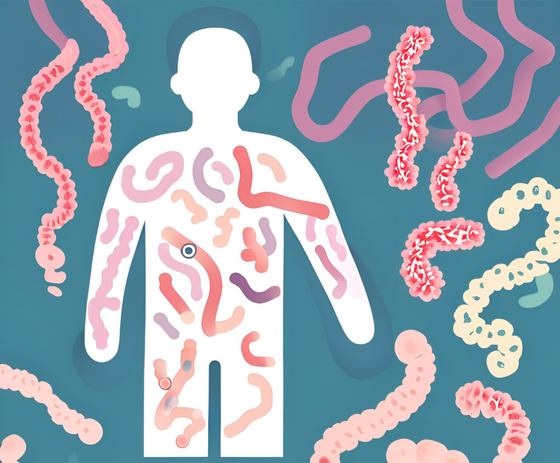Collaborative Projects
Learn about our ongoing collaborative projects
PE-CGS collaborative projects are a vital aspect of cross-collaboration of the Network. These projects intend to maximize the impact of research efforts and foster partnerships in the PE-CGS Network. The mechanism for collaborative projects is established to investigate unmet, yet significant research questions that are common among participating Research Centers. By pooling expertise and resources from participating Research Centers, these projects combine multiple research focuses and processes, and promote broadly applicable findings. Through these collaborative efforts, the PE-CGS Network aims to enhance our understanding of cancer.
Microbiome Characterization in PE-CGS Cancer Patients Cohorts with Limited Research Data
Collaborators: COPECC, JUNIPER, WU-PE-CGS
Overview: This project aims to investigate the role of the gut microbiome in colorectal cancer among populations with limited research data who experience earlier cancer onset and poorer clinical outcomes. The integration of microbiome data with existing clinical and genomic data will provide a comprehensive understanding of cancer initiation and progression, potentially informing new diagnostic methods and treatment approaches based on their microbiome profiles.

Understanding and Engaging Decliners to Genetic Sequencing Research in the PE-CGS Network
Collaborators: Count Me In, COPECC, JUNIPER, WU-PE-CGS
Overview: This project aims to identify reasons behind declining participation in cancer genomic sequencing research among cancer patients with limited research data and those diagnosed with rare cancers (cholangiocarcinoma and rare aggressive sarcomas). Understanding these reasons will help in developing appropriate responses and strategies to support broader participation in cancer research, ultimately enhancing the impact and applicability of genomic findings.

Cascade Testing in the PE-CGS Network
Collaborators: Count Me In, COPECC, OPTIMUM, WU-PE-CGS
Overview: This project aims to explore cascade testing among populations with limited research data, and individuals with rare tumor types (gliomas and sarcomas), who have been understudied in terms of family communication of genetic test results. Understanding how genetic test results are communicated within families will help promote cascade testing, enabling early detection and prevention measures for family members.

cfDNA Methylation Analysis in CRC for Minimal Residual Disease Detection in Populations with Limited Research Data
Collaborators: COPECC, WU-PE-CGS
Overview: This project aims to improve the detection of Minimal Residual Disease (MRD) in colorectal cancer patients, including those from populations with limited research data, through the development of cfDNA methylation liquid biopsies. Detecting MRD will identify high-risk patients for recurrence and help in improving disease-specific survival by informing more personalized treatment decisions, potentially enhancing outcomes.

Spatial proteomics and spatial transcriptomics analysis following radiation
Collaborators: Count Me In, OPTIMUM
Overview: This project is to understand why two rare cancers—lower grade glioma (LGG) and leiomyosarcoma (LMS)—are very likely to return after radiation treatment. The research team will develop new spatial molecular analysis methods to advance our understanding of how radiation changes cell interactions in LGG and LMS. This research is directed toward overcoming radiation therapy resistance for these rare cancers.

